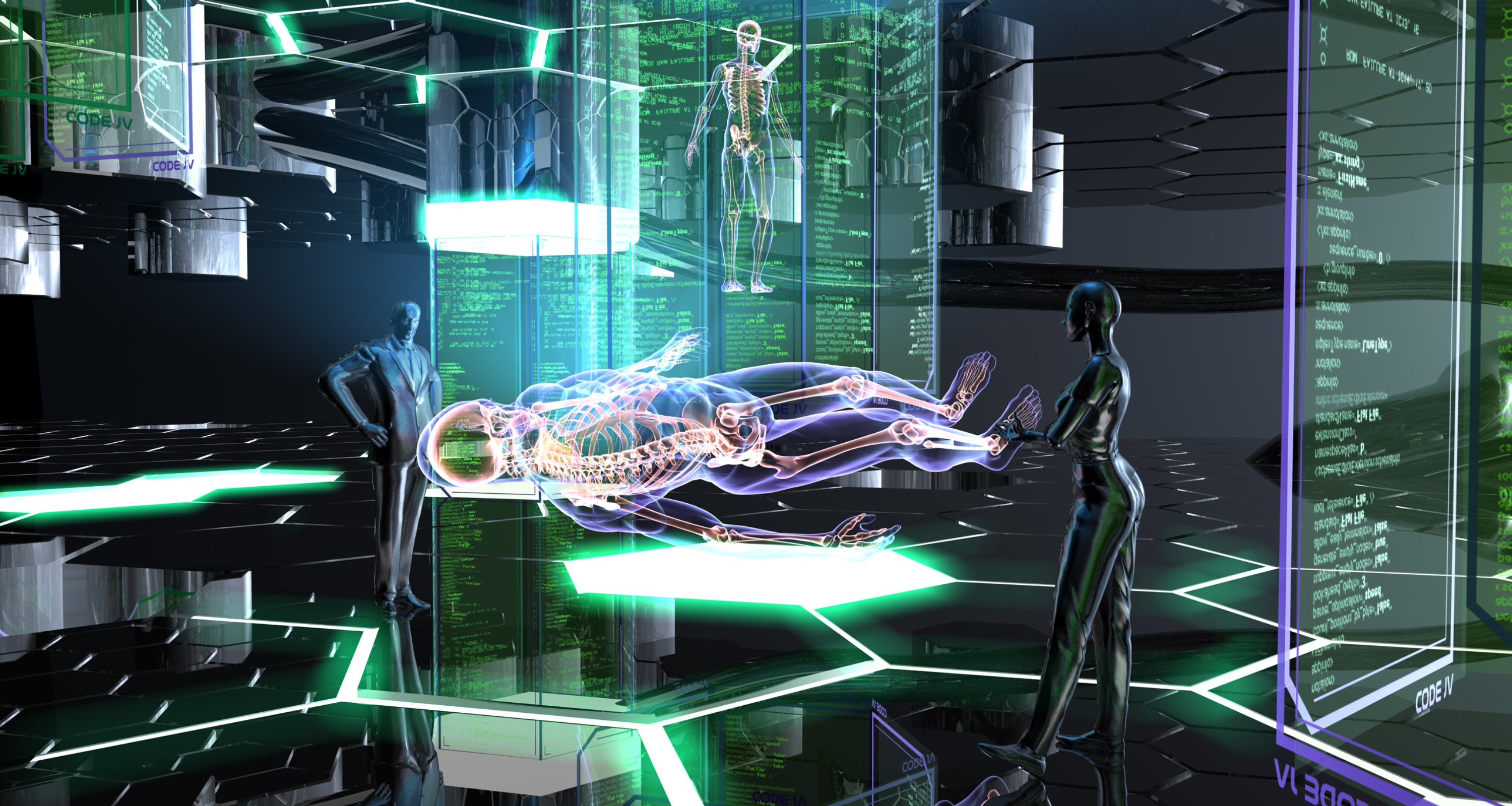
The decision whether or not to get a flu shot is generally left up to individuals, but what if there were a way for doctors to identify who really should get a shot due to heightened, if usually undetected, susceptibility?
According to Dr. Jeremy Orr, CEO of Medial EarlySign, an Israeli startup, now there is.
With data sets covering more than 20 million patient lives and 150 million patient years, Orr’s company has developed algorithms that “assist healthcare providers with the early detection of a number of life-threatening conditions, including lower GI disorders, pre-diabetes progression to diabetes, and colorectal cancer.”
When it comes to the flu, Orr argues that applying AI algorithms to patient data and identifying unvaccinated high-risk individuals, could “prevent deaths and hospitalization.”
The problem currently, he says, is that “(w)hen the doctor does a test and tells you everything is in the ‘normal range,’ nothing to worry about, there is a lot of information there that they are not seeing that could suggest that you are at risk for certain clinical conditions. The traditional way to interpret lab tests—‘normal ranges’—is totally broken and has been for some time. With machine learning we can see that there are patterns in normal-appearing labs that suggest that the patient has high risk for or already having colorectal cancer, for example.”
At the moment, notes writer Gil Press, Medial EarlySign works with healthcare services in Israel, as well as Geisinger Health, SLUCare, and Kaiser Permanente Northwest in the US, but Orr’s vision for the future is to “get AI insights beyond just healthcare providers,” which means working with labs, diagnostics companies, and technology platforms “that can put the insights in different parts of the ecosystem faster.”
A key advantage is that Israel has been working with digitized medical records for over 20 years, and “Israel's four HMOs and their affiliated hospitals have used the same electronic medical records platform, with access to patient records available to each point of care as needed.”
Which means there’s more data to be mined, a distinct lack of interoperability changes (as opposed to here in the US, which has an abundance of different systems), and insights gained from data analysis can be incorporated into system workflows more quickly.
One other benefit of Medial EarlySign’s algorithms, says Orr, is they are able to explain to the doctors some of the reasons their patient is considered high-risk.
“They can see the value of the machine in picking the subtle things they are likely to miss and they can have a more informed conversation with the patient,” he observed, adding, “AI is not going to replace doctors. They do some really important communications with patients and we want to augment that.”


